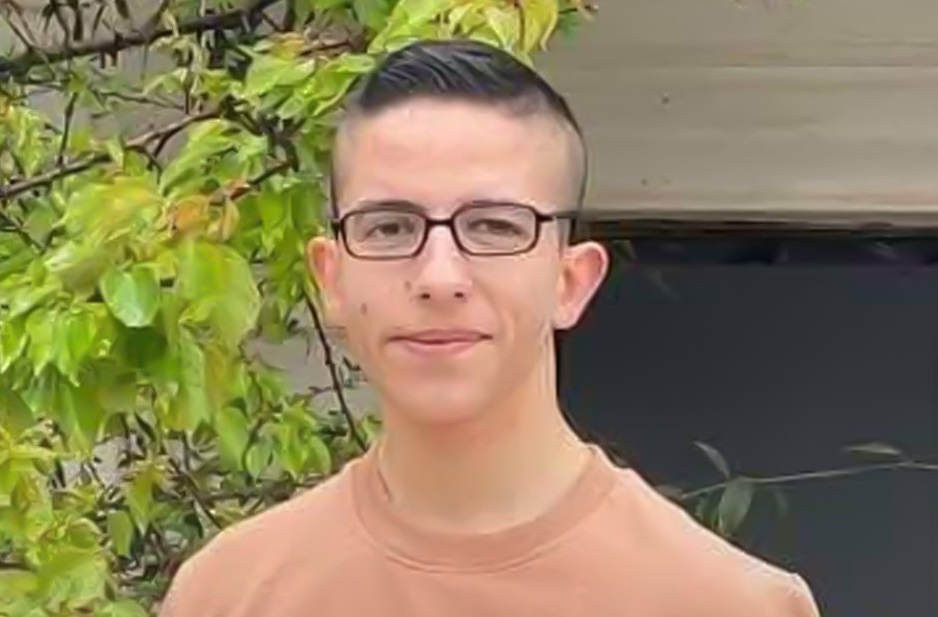CAIRO, October 22, 2011 (WAFA) – President Mahmoud Abbas reiterated Friday his support for the Quartet’s latest statement but said that negotiations with Israel will resume only if Israel recognizes the 1967 borders as the base for these negotiations and halts settlement activities.
Abbas, speaking to Egyptian and Palestinian newspaper editors and reporters during his visit to Cairo, said that the Quartet, which is composed of the United States, European Union, Russia and United Nations, will start separate talks with the Palestinians and Israelis on Wednesday in Jerusalem in an effort to persuade both parties to resume direct negotiations.
He refuted Israeli claims that the Palestinian preconditions hinder negotiations, saying “our demands were included in the Road Map and international resolutions,” stressing that the demand to halt settlements was not a precondition, but was stated in more than 15 of the United Nations and the Security Council resolutions, as well as the Road Map.
He said in reference to a February Security Council resolution against Israeli settlements that was vetoed by the US that 14 member states had supported it.
Abbas said the Palestinian application for UN membership will create a new reality, which is to deal with the Palestinian Territory as an occupied state and not as disputed territory.
He stressed that he is following the ongoing technical procedures regarding the Palestinian request to the Security Council, demanding action on the application without further delay.
He said the Security Council will discuss the application request on November 11.
Abbas praised the decision by the Parliamentary Assembly of the Council of Europe to grant “Partner for Democracy” status to the Palestinian National Council, the PLO’s parliament-in-exile, adding “they accepted us because we have all the requirements of a state -- freedom of speech, freedom of press, transparency, accountability, pluralism and properly-established institutions.”
He refuted claims that the Palestinian Authority was not ready for statehood, such as a claim that PA remains economically dependent on foreign aid. He referred to testimonies by the World Bank, the International Monetary Fund and other international organizations of the readiness of Palestinian state institutions.
“If the Israeli occupation ends, we will not need anyone…Our need for aid does not compromise our readiness for statehood,” he added.
He admitted that the PA faces financial crisis, calling on Arab and friendly countries to provide more aid.
Abbas stressed that Palestine’s full membership in the United Nations Educational, Scientific and Cultural Organization (UNESCO) “will not hurt anyone.”
He addressed US opposition to UNESCO board recommendation to its General Conference to grant Palestine membership, saying “the US congress decided to prevent us from joining UNSECO since 1989, but at that time they considered us a terrorist organization. However, we are partners with them now…the situation is different 22 years later.”
He denied allegations of Qatari pressure to thwart the Palestinian bid to UN membership and expressed hope to gain nine votes in favor of the Palestinian request in the Security Council.
Abbas commented on a US Congress decision to cut aid to PA to thwart the bid, saying “when we disagree with the Americans, we disagree as friends. Our talks continue, and there is news that the American administration is urging the Congress not to stop the aid.”
He also said that he and Hamas leader Khaled Mishaal agreed to meet to discuss several issues, saying “the reconciliation stands.”
The meeting will take place most likely the beginning of next month after the meeting with the Quartet representatives next week and the Fatah Revolutionary Council meeting, he added.
He revealed that he will head the transitional government of technocrats until elections are held, and welcomed Hamas’ nominations for the cabinet as long as they are internationally acceptable and will not lead to an international boycott of the new government.
He stressed that any negotiations with Israel will not affect the reconciliation.
He affirmed that national elections will be held before April 4, 2012, according to the reconciliation agreement, adding that he is willing to hold it towards the end of this year.
Abbas reiterated his support for last week’s prisoners’ exchange deal between Israel and Hamas and thanked all countries that participated in bring it about, including Germany. He praised Egypt’s significant role in sealing the swap deal.
“Freeing 1000 Palestinian prisoners is important and invaluable,” said Abbas, dismissing any objections to the criteria of the deal that freed the Israeli soldier Gilad Shalit in exchange for 1027 Palestinian prisoners held in Israeli jails.
Abbas said that former Israeli Prime Minister Ehud Olmert had promised to free more Palestinian prisoners after Shalit is released than in the deal with Hamas. He wondered if the current Israeli prime minister, Benjamin Netanyahu, will adhere to Olmert’s promise.
R.Q./M.S.










